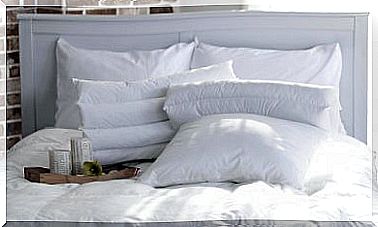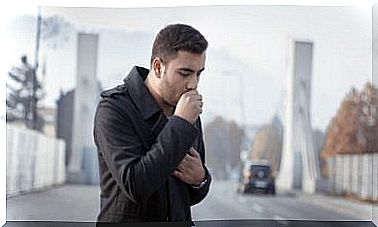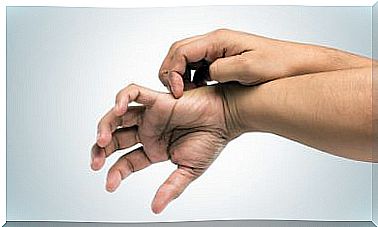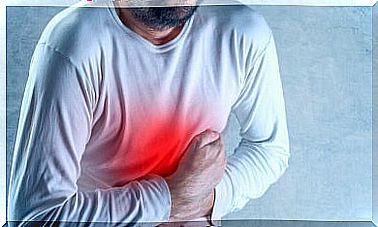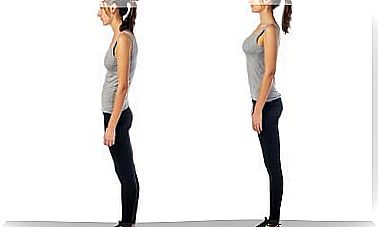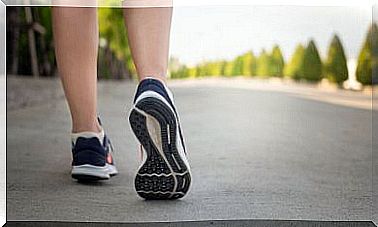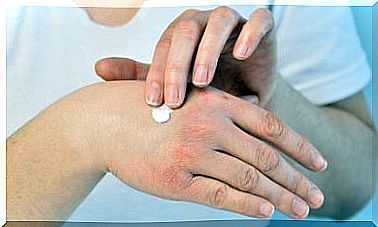Spasms When Sleeping, What To Change To Avoid Them?
When they occur, sleep spasms can wake up both the sufferer and their partner. These reactions are usually preceded by an intense dream or hallucination. The typical thing is to feel the sensation of falling down the stairs or somewhere deep. Have you ever experienced it?
Sleeping spasms are actually involuntary jerks that occur between wakefulness and sleep. They are also called myoclonic spasms or hypnic jerks. They are strong and brief muscle spasms.
Although they can be worrisome or uncomfortable, they are not really a serious problem. In fact, it is a situation experienced by a large part of the population.
Although it is not yet known for sure why they occur, certain factors that favor these episodes are known. Next, we explain them to you.
Why do sleep spasms occur?
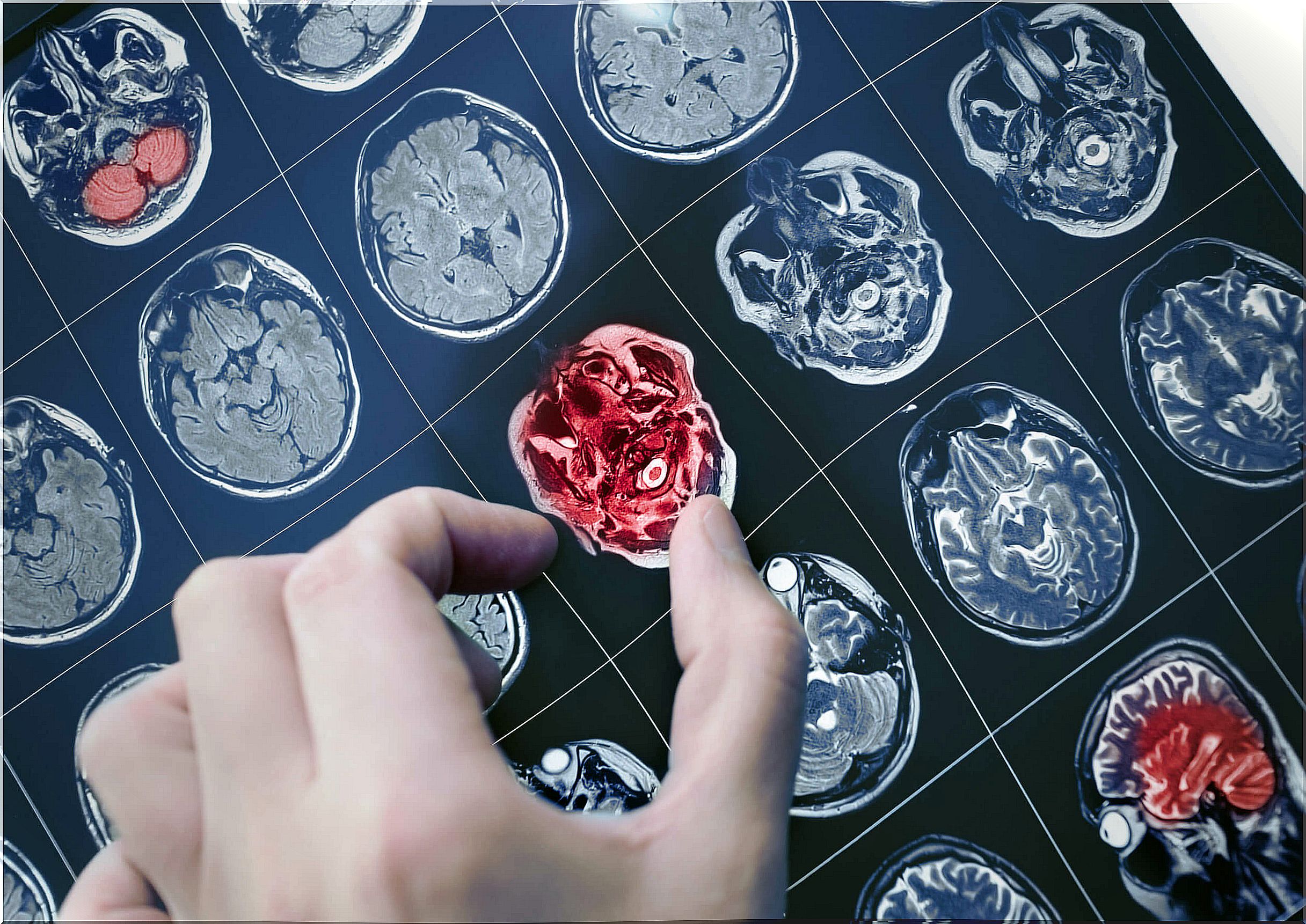
The cause of sleep spasms is thought to be in preparing the body for sleep. At this time, the body tends to slow down all functions, such as breathing and heartbeat; furthermore, motor function stops. With this, it is ensured that during that time the body does not react and is kept safe.
Other theories maintain that these spasms are remnants of our ancestors. In a study carried out at the University of Colorado (USA) it is said that hypnic jerks could be an archaic reflection of the misinterpretation that the brain makes during the muscular relaxation of the onset of sleep.
It is as if it were a signal that previously alerted sleeping ancestors that they were falling from the tree.
This suggests that sleeping spasms are vestiges of a defense mechanism. On the other hand, they can also be triggered by stimuli such as noise or lights, according to a publication in the MSD Manual.
What factors can influence?
As we well know, the current pace of life affects many areas of health. Well, sleep is one of the hardest hit, according to an article published by the Madrid Sleep Institute.
According to the experts of this institution, leading a fast pace of life and sleeping for a few hours a day can lead to the appearance of various diseases, especially cardiovascular, hormonal and immune.
Similarly, these factors could lead to involuntary spasms, because many diseases predispose to suffer them, according to a Mayo Clinic article. Although not all of them have been scientifically proven, other factors that seem to influence are the following:
- Anxiety and stress, as detailed in a study published by Therapeutic Advances in Neurological Disorders .
- Fatigue.
- Sleep deprivation
- Caffeine consumption; the relationship between this factor and night spasms is discussed in a study published by Seizure .
- Use of other stimulant drugs.
Any type of problem that disturbs relaxation at bedtime can increase these spasms. In fact, it is also believed that nicotine and even exercise may be related, although more studies on this are still lacking.
How to reduce spasms when sleeping?
Since it is suspected that sleeping spasms may be due to anxiety or stress, the first step is to try to reduce these levels. To do this, it is essential to change your mindset and modify some habits.
The routine can seem suffocating on numerous occasions, but we must focus on staying calm. Trying to see things less drastically can help us reduce that constant anxiety.
Similarly, leading a healthy lifestyle is paramount. A good diet and regular moderate exercise are essential measures to get quality sleep.
While its conclusions are not definitive, a recent study published in Advances in Nutrition describes the relationship between a healthy diet and the length and quality of night’s rest.
In addition, the positive effects of physical activity are also reflected in the mental sphere. According to research published by Clinical Psychology Review , exercise contributes to lowering levels of stress and anxiety.
In this sense, doing sports such as yoga or Pilates, which promote relaxation and the management of breathing techniques, are highly recommended alternatives.
Other habits
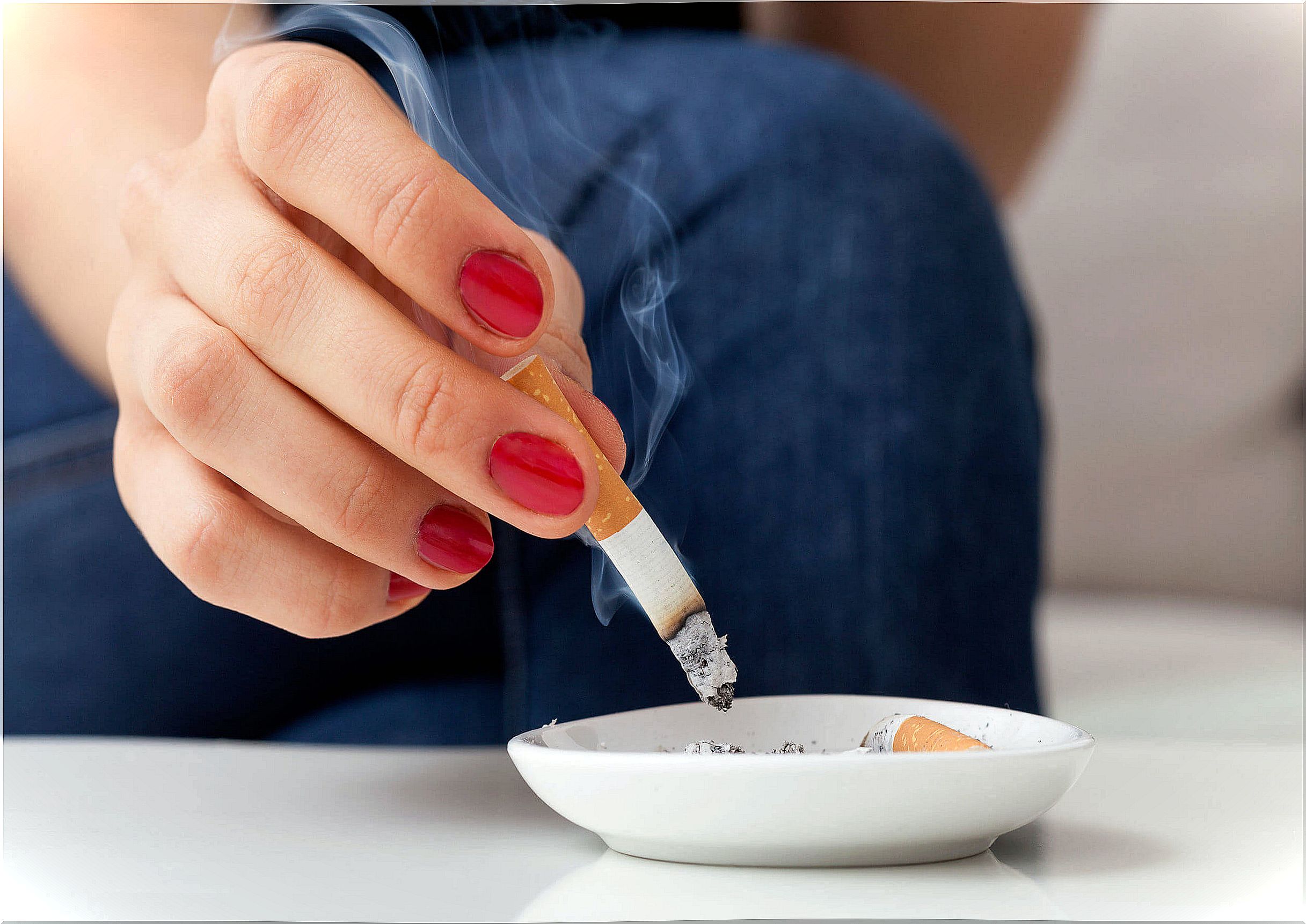
On the other hand, with regard to diet, it is necessary to reduce caffeine intake; As we mentioned before, it is one of the factors that can trigger spasms when sleeping.
Likewise, it would be advisable to stop smoking or, in the case of other toxic habits, eliminate them completely. Any exciting substance may promote spasms when sleeping.
Finally, as Hauri (1991) suggests, try to establish a good sleep schedule. Try to organize your day to get at least eight hours to dedicate to rest.
Try not to take problems to bed. The thoughts that cloud your mind will also be related to the way you cope with the dream.
Improve your health through sleep
Spasms when sleeping are not worrisome. However, if they influence the quality of your sleep too much, it is recommended that you try to improve your habits.
As we have seen, lifestyle is decisive at bedtime. Beyond that, if you consider that the spasms may be due to a complication that exceeds these factors, do not hesitate to make a consultation with your doctor to evacuate your doubts and prevent major problems.
